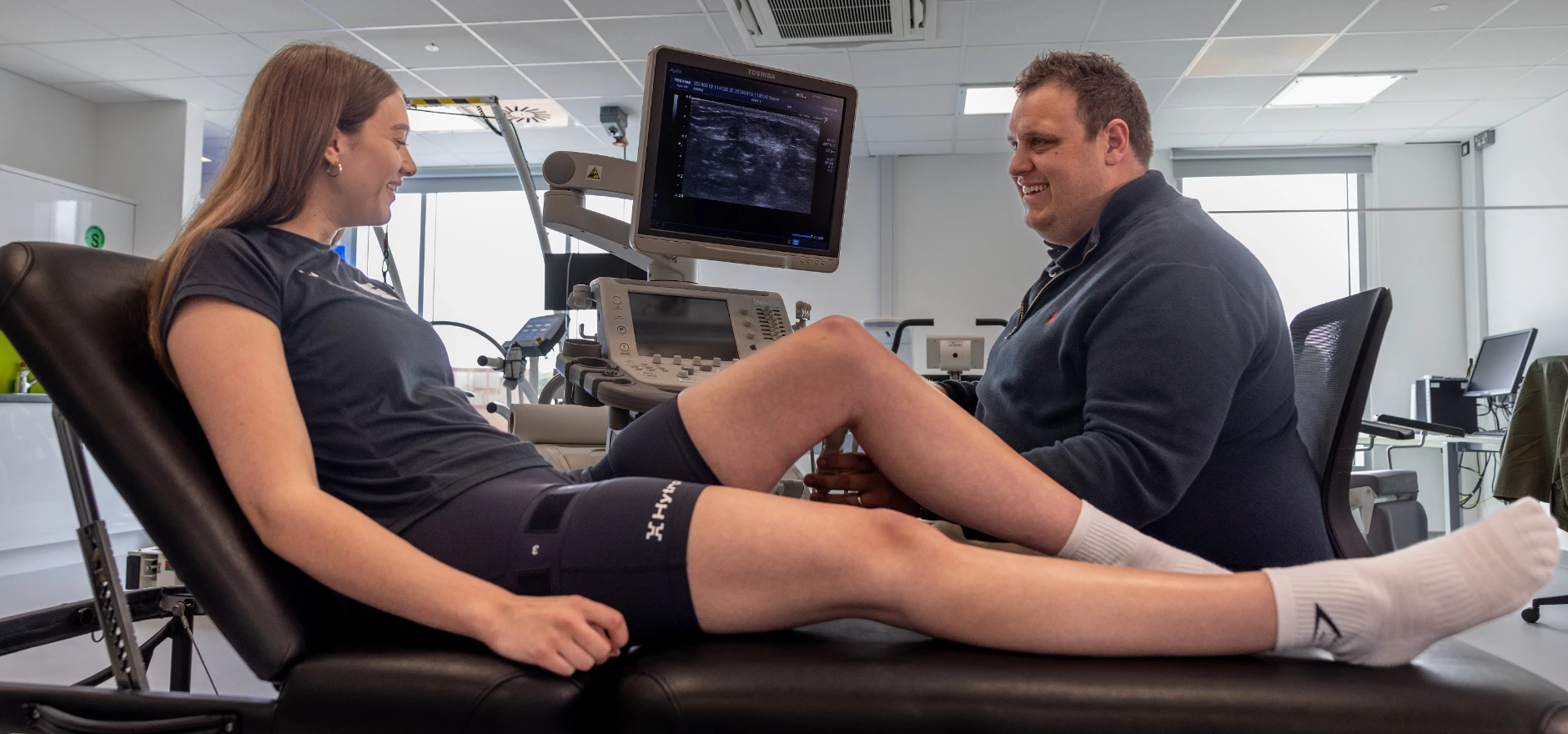
Blood flow tech takes off in space mission
A UK-led research collaboration is set to explore how innovative blood flow restriction (BFR) technology can help astronauts stay healthy in space.
Hytro, a specialist in wearable BFR tech, is partnering with Sheffield Hallam University’s Advanced Wellbeing Research Centre and Northumbria University’s Aerospace Medicine and Rehabilitation Laboratory to test the effects of BFR exercise in microgravity.
Their research will be part of Fram2, the first human spaceflight over the Earth’s polar regions.
Scientists say the study will evaluate how BFR training, used by more than 200 elite sports teams in the Premier League, NFL, NBA, Formula 1, cycling and more, can counteract muscle and bone loss in space, with the results potentially shaping future astronaut fitness programmes and “unlocking” long-term space travel strategies, including the “aim of humans going to Mars”.
Vancouver-based Delfi Medical Innovations Inc, American aerospace company Vast and health data analytics platform Labfront complete the international team that is supporting the mission, which will build on findings from the 2024 Polaris Dawn mission.
Dr Joe Handsaker, co-study lead and chief innovation officer at Hytro, which recently announced a partnership with Manchester City Women, said: “This study is a massive step, not just for Hytro but also the wider BFR community.
“By proving that BFR is safe to perform not only passively, as we saw on Polaris Dawn, but also while performing exercise, this will unlock the next stage of space research where we will be able to look at whether BFR improves exercise efficiency as much in microgravity as it has been shown to do here on Earth.”
Dr Tom Maden-Wilkinson, senior research fellow at Sheffield Hallam University, added: “As co-principal investigator for the project, it is a real privilege to work as part of such a pioneering programme of research building on the success of our work on Polaris Dawn.
“Our ability to maintain our muscle mass and function is crucial, not only for spaceflight but for our everyday lives.
“In bringing together experts from different fields of industry and academia, we hope this work helps bring us ever closer to some of the solutions that will enable the aim of humans going to Mars.”
Looking to promote your product/service to SME businesses in your region? Find out how Bdaily can help →
Enjoy the read? Get Bdaily delivered.
Sign up to receive our daily bulletin, sent to your inbox, for free.








 Raising the bar to boost North East growth
Raising the bar to boost North East growth
 Navigating the messy middle of business growth
Navigating the messy middle of business growth
 We must make it easier to hire young people
We must make it easier to hire young people
 Why community-based care is key to NHS' future
Why community-based care is key to NHS' future
 Culture, confidence and creativity in the North East
Culture, confidence and creativity in the North East
 Putting in the groundwork to boost skills
Putting in the groundwork to boost skills
 £100,000 milestone drives forward STEM work
£100,000 milestone drives forward STEM work
 Restoring confidence for the economic road ahead
Restoring confidence for the economic road ahead
 Ready to scale? Buy-and-build offers opportunity
Ready to scale? Buy-and-build offers opportunity
 When will our regional economy grow?
When will our regional economy grow?
 Creating a thriving North East construction sector
Creating a thriving North East construction sector
 Why investors are still backing the North East
Why investors are still backing the North East